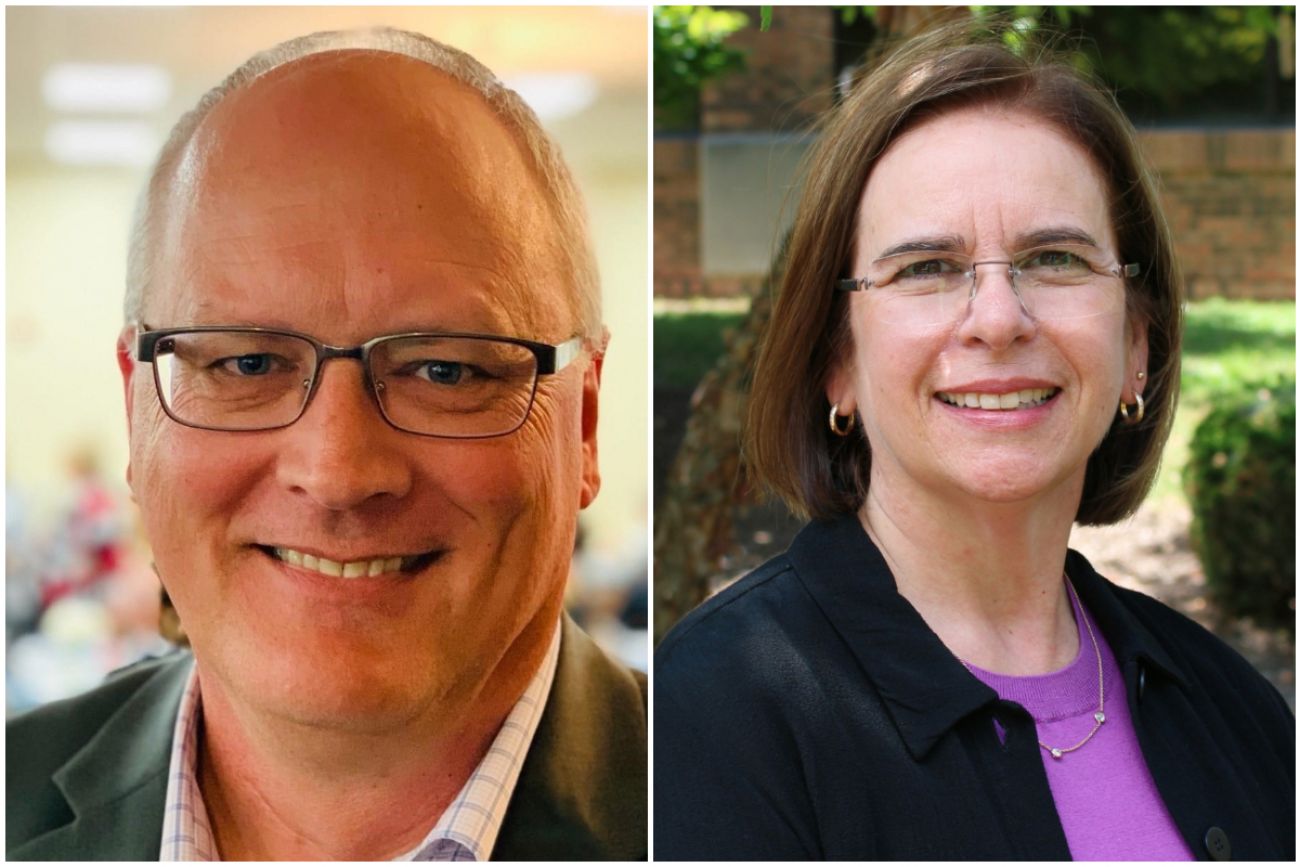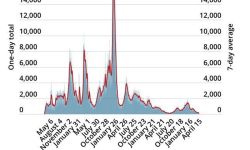Opinion | Michigan must rebuild local public health before next pandemic

For three years, we’ve measured the COVID-19 pandemic by its impact in our communities — case rates, deaths and vaccinations — even our economics.

What is tougher to measure is what the pandemic has done to local public health as a service sector.
We’ve lost 15 veteran local health officers over the last three years, often taking substantial institutional memory with them. We’ve lost countless staff. Nurses, epidemiologists, sanitarians and more, leaving the local sector for other pastures. Replacing them has been a massive challenge.
Local public health needs full funding going forward. But with that funding, what we really need is a stronger understanding of the role we serve, the results we deliver and the challenges we are facing. We need support, from the Lansing level down to the local community level.
Everyone would like to think we’ve got 100 years to plan for the next pandemic, but most experts don’t think it will be that long at all. And, sadly, it won’t take another pandemic to reveal the gaps in our infrastructure.
Local public health infrastructure is like any other kind of infrastructure. As long as it continues to work, most of us don’t think much about it. But we certainly notice it when it is strained beyond capacity. Just as the pandemic highlighted where our communities are more vulnerable because of pre-existing poor health, poverty and racial discrimination, it also highlighted the need for a solid, stable public health infrastructure and workforce that is fully prepared to respond to new challenges.
Michigan’s public health code was signed into law 42 years ago. It contained specific language about the state legislature’s commitment to funding 50 percent of the cost of local public health’s eight essential services. For the last 30 years, however, the legislature has passed the state budget, year in and year out, without fully meeting that obligation. This has been unacceptable, and it should be unfathomable now.
Local health departments have found ways to cobble budgets consisting of federal program dollars and local grants and allocations. They make it work, and they do the best they can with the resources they have.
But fully funding local public health is the question on the table for the incoming legislature. A big lesson of the past three years is that, when confronting a major public health crisis, nobody wants a team of committed professionals stuck with doing the best they can with what they have.
In the coming legislature, there likely will be three key initiatives affecting every resident of this state: revamping the public health code, the state’s food code and creation of a unified sanitary code.
The food code covers how we keep safe the foods we eat, whether from restaurants or grocery stores or local food carts.
The sanitary code addresses sewers and septic tanks. An estimated 1.3 million Michigan homes have an individual septic system, and an estimated 20 percent of those are failing. This huge expense falls to homeowners who often have no awareness they have a problem, insufficient money to deal with it, and no legal obligation to protect the environment from their household waste.
Our public health code has not been updated in decades. Another lesson of the pandemic is that laws protecting public health need to be strong, clear and allow professionals to make real-time decisions that protect communities.
Over the past 99 years, the life expectancy of humans has increased by 30 years in Michigan. A large part of that jump has to do with public health programs that cover every aspect of our lives. We want to ensure that all Michiganders have equal opportunity to live long, healthy lives by addressing the root causes of health inequities in our state. This is not possible without investments in public health infrastructure.
We will be active and visible in 2023, educating the legislature as well as our local constituents and community leaders about the work we do and why it is critically important. But ultimately, our leaders will be the ones who decide what local public health looks like for the next 99 years.
If it is funded appropriately and supported in its work, we can expect our sector — and Michigan residents of all ages — to thrive as well.
See what new members are saying about why they donated to Bridge Michigan:
- “In order for this information to be accurate and unbiased it must be underwritten by its readers, not by special interests.” - Larry S.
- “Not many other media sources report on the topics Bridge does.” - Susan B.
- “Your journalism is outstanding and rare these days.” - Mark S.
If you want to ensure the future of nonpartisan, nonprofit Michigan journalism, please become a member today. You, too, will be asked why you donated and maybe we'll feature your quote next time!


